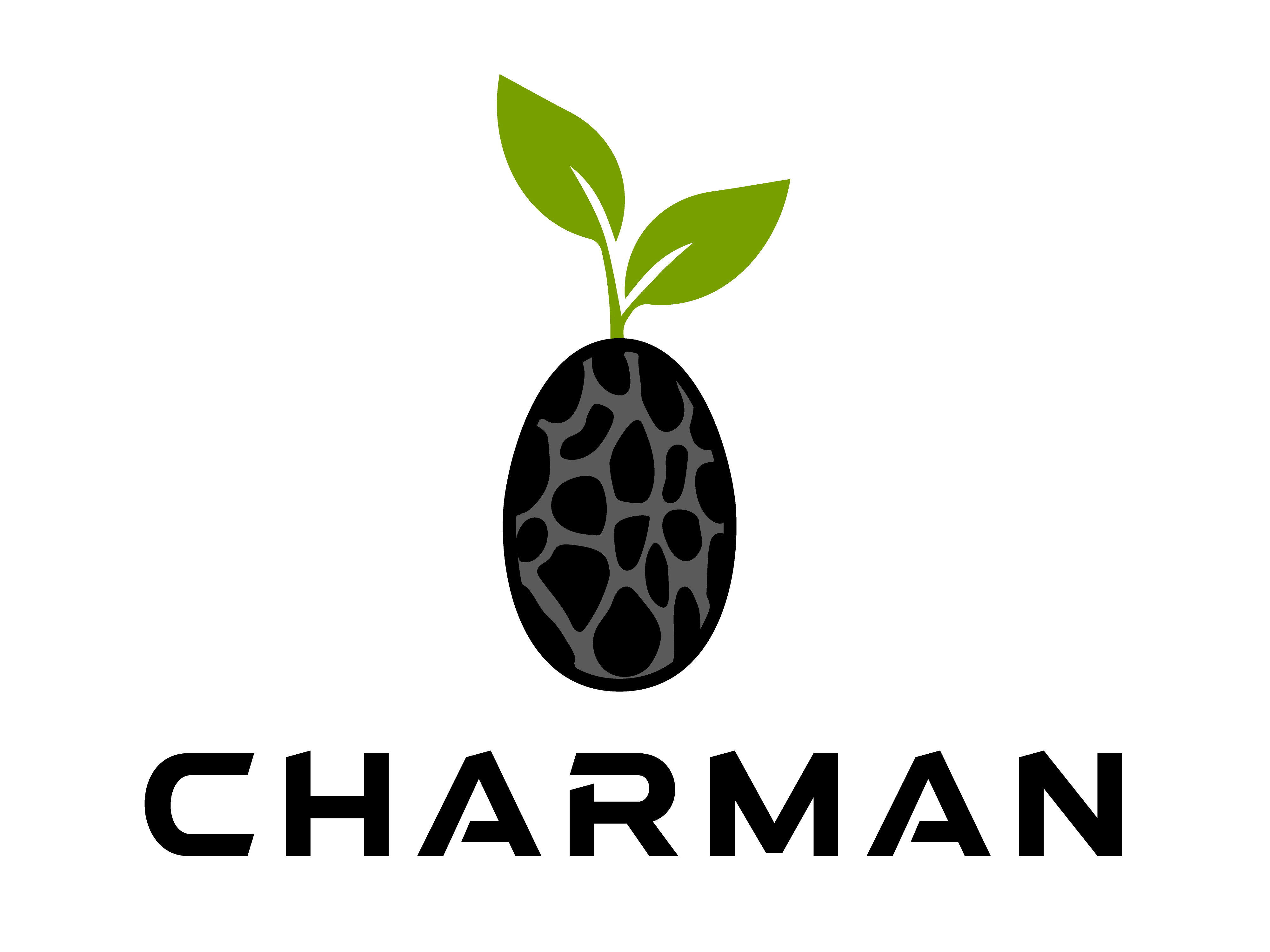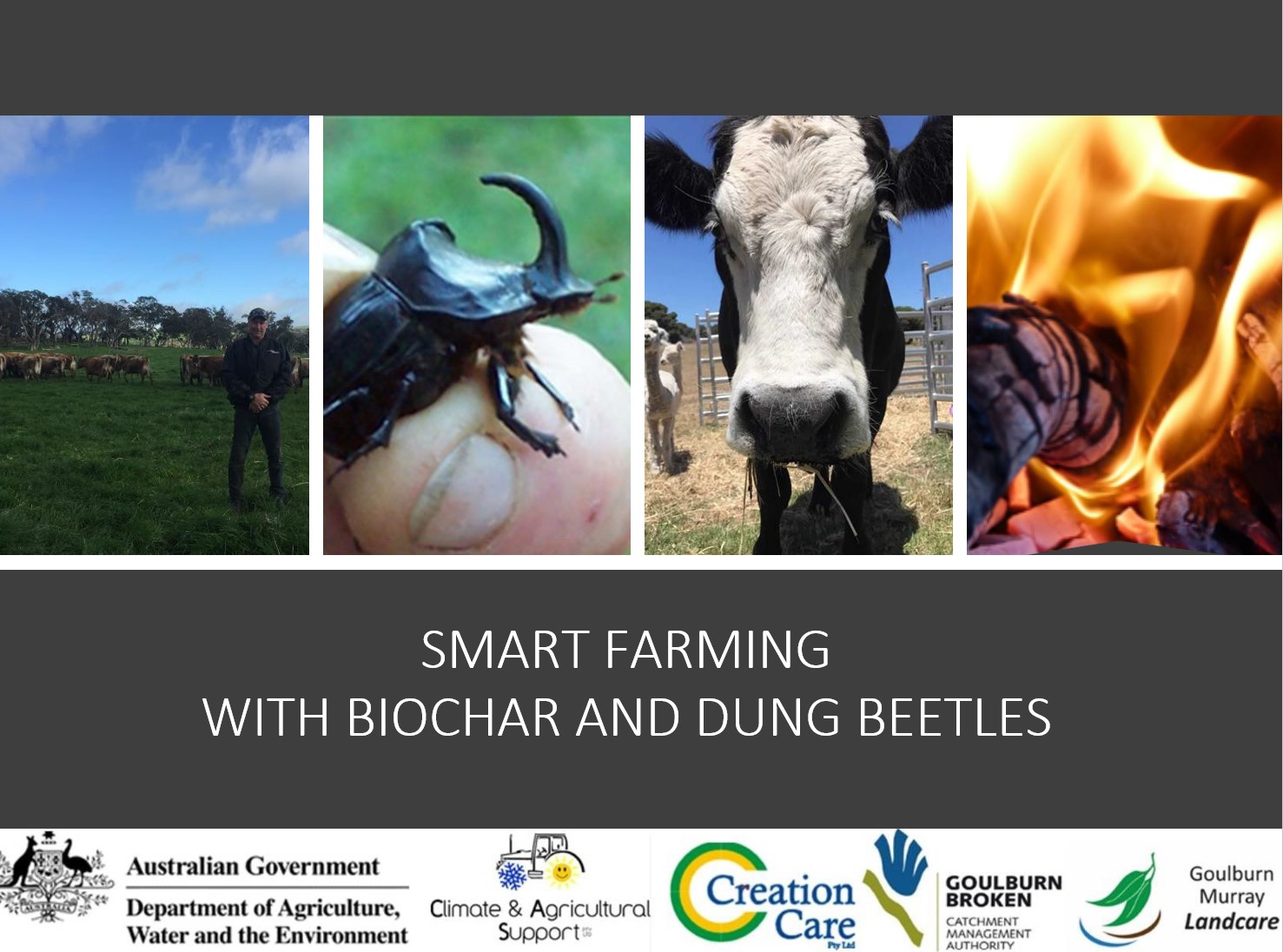Muddy Boots Biochar Podcast
Muddy Boots Biochar Podcast
https://www.muddyboots.net.au/
Keith & Elisabeth interview Trevor Barrows (Charman) & Matt Barnes (Easy As Organics)
Biochar Active Broad Acre Trial
A 650acre horticultural and cattle farm near Castlemaine Victoria, who are a member of the regen-farming group Regenerative Australian Farmers – Promoting Healthy Soils (regenfarmers.com.au) started a broad acre trial of Charman Active Biochar in the autumn seeding season
The sample area was planted with Multi-species Cover Crop Seed:
- Rye Corn
- Tillage Raddish
- Field peas
- Oats
- Rootmax
The top half of the sample area was planted with seed only the bottom half with active biochar. The picture taken in November shows that the bottom Active Biochar area has shown significant progress.
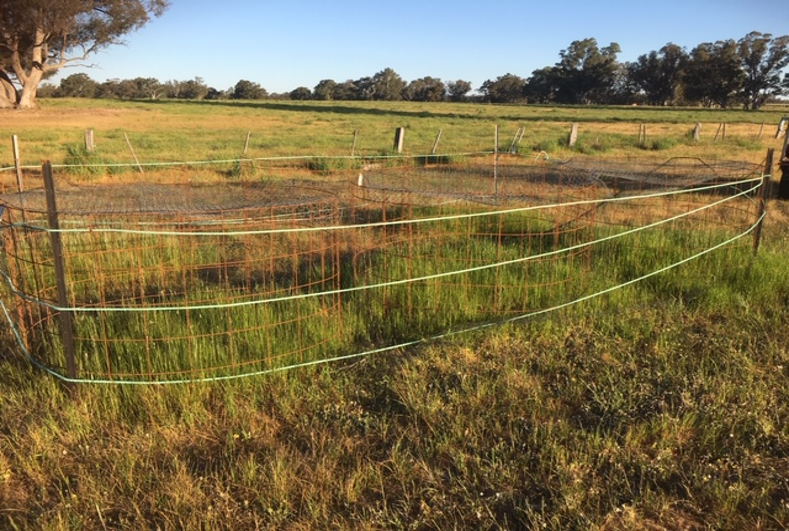
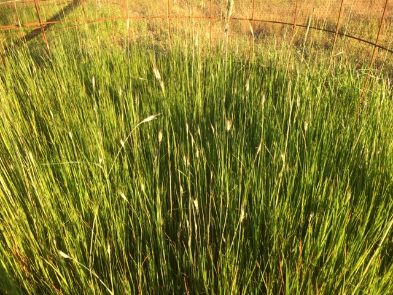
FINDINGS:
The plot with Active Biochar, shown in right-side of next pictures, produced 77% more biomass (pasture) than the ‘seed only’ plot.
OUTCOME:
Translated into cattle fodder value, the 3rd plot would result in 37 large round hay bales vs 5 bales of existing pasture (~ x 7 increase)
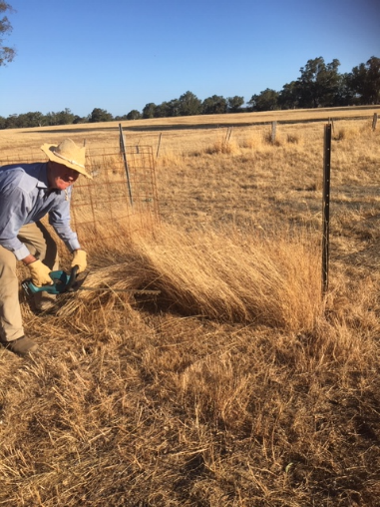
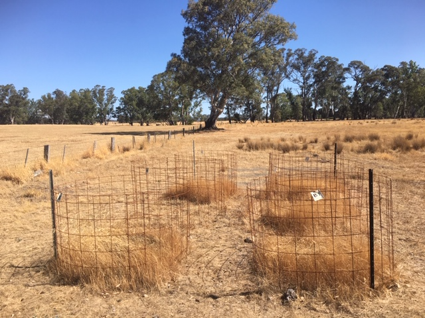
Smart Farming with Biochar and Dung Beetles
Dairy and cattle farms, including members of the Regenerative Australian Farmers – Promoting Healthy Soils (regenfarmers.com.au) farming group, have been introducing Dung Beetles to their property with amazing successful results in improving soil quality, long term sequestration of carbon and economically viable value added to the bottom line.
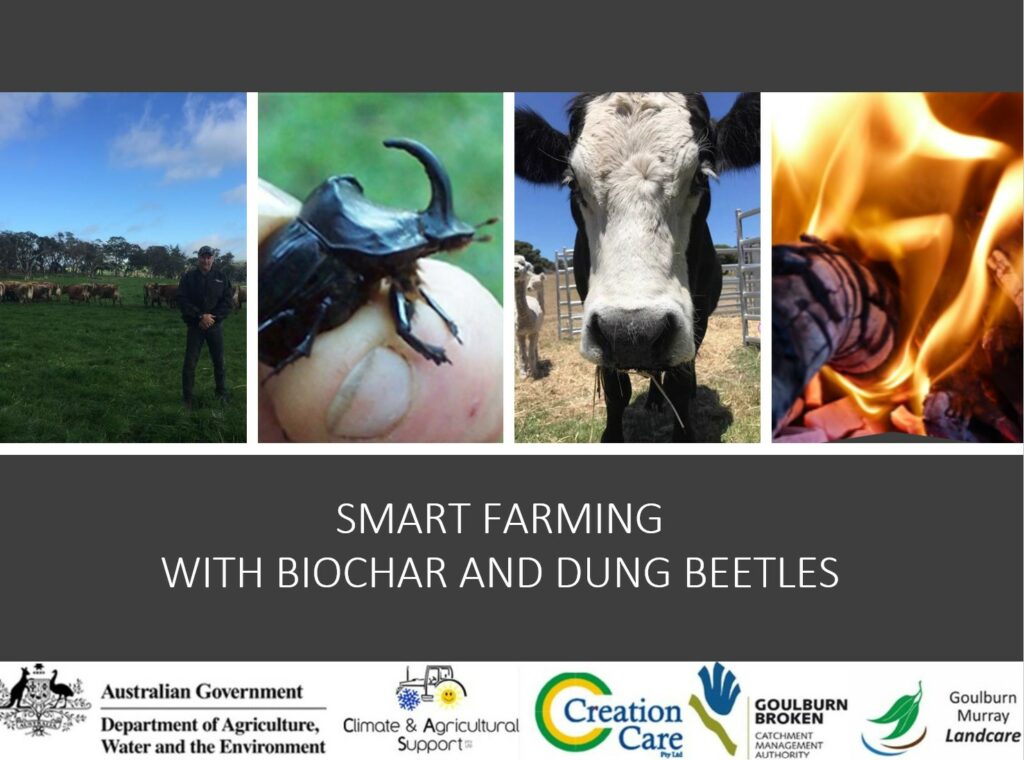
Turns out that Dung Beetles are more partial to cow dung with biochar than dung without. So how does the biochar get into the dung. Well, that is achieved by supplying biochar to the cattle’s supplementary feed which they in turn take a liking to.
There are various studies, researched papers (refer to reference page) on this matter and in particular the work done by Mellissa Rebbeck and Team at Climate Agriculture Support and associates (www.climateagriculturalsupport.com).
The outcome is a profitable local circular economy and environmentally beneficial paddock where biochar is ingested into the animal, reducing methane emissions by>40%, sequestering the carbon out the back end drawn down by dung beetles increasing their population, pasture and animal health, and negating need for synthetic fertilisers.
Feeding biochar to an animal in the presence of dung beetles
- Improves milk fat and cattle weight production and profitability
- Builds soil carbon and health of pasture, animal and dung beetles
- Increases soil moisture holding capacity and reduces run off
- Increases soil carbon as it is 90pc carbon
- Reduces methane output and enteric fermentation
Adding biochar to soil will do all of above and below
- Reduced dependence on synthetic fertiliser
- An ability to ameliorate soil toxins
- Inc soil pH – alternative to lime and gypsum
- Increased soil water holding capacity for every 1pc carbon inc = 10t water/ha
- Improved agricultural production for every 1pc soil carbon = 10 to 30pc inc in production
